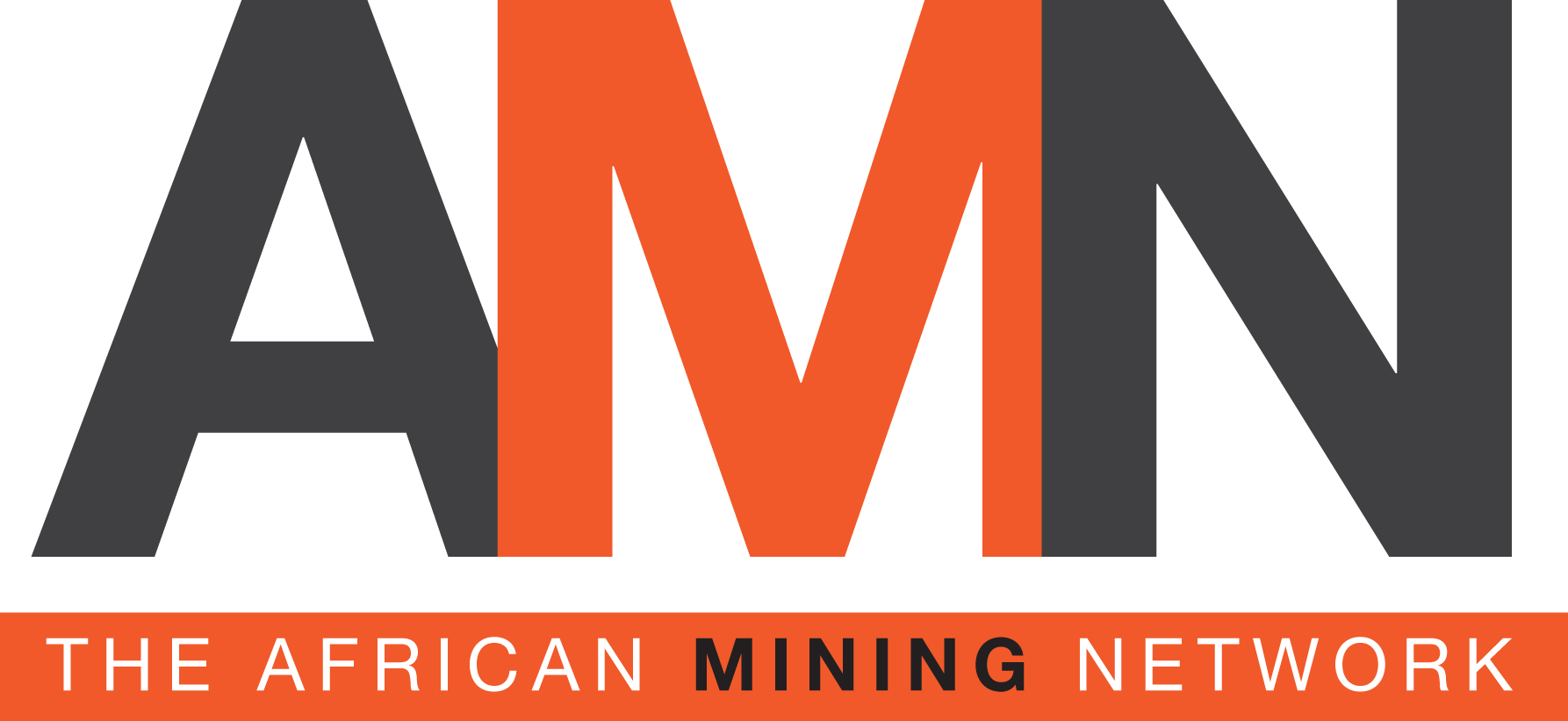- Yolanda Torrisi
- +61 412 261 870
- yolanda@yolandatorrisi.com
- Nina van Wyk
- +27 82 926 3882
- nina@africanminingnetwork.com
Peak Resources has completed a detailed project update on the Ngualla rare earth project which has delivered substantial reductions in capital and operating costs compared to the Prefeasibility Study released in March 2014. The results have confirmed Peak’s belief that the Ngualla project has the potential to become one of the lowest cost, highest quality and lowest risk rare earth projects globally.
A key element of the study involved tailoring the processing flowsheet to focus on the production of neodymium (Nd) and praseodymium (Pr) which are key elements in the production of high powered permanent magnets.
These high strength magnets are used in high efficiency electric motors, demand for which is growing strongly due to growing demand for electric vehicles and renewable energy infrastructure such as wind turbines. This permanent magnet market represents 79% of the global rare earth market by value with neodymium and praseodymium representing approximately 85% of this market by value.
With a focus on neodymium and praseodymium, the study was based on extensive metallurgical flowsheet development work and pilot plant programs completed since delivery of the Prefeasibility Study, and included sophisticated engineering simulation and mass balance modelling. The study worked on a base-case scenario envisaging production of approximately 2300 tonnes/year of neodymium and praseodymium rare earth oxide, 250 tonnes/year of mixed samarium, europium and gadolinium rare earth carbonate and 5900 tonnes/year of cerium/lanthanum carbonate. Production forecasts are based on the weathered Bastnaesite Zone Mineral Resource estimate at a 1% REO lower grade cut.
Managing Director, Darren Townsend says: “I would like to congratulate the Peak team and our consultants on the continued excellent progress in the development of the Ngualla project. These further reductions in capex and opex help to position Ngualla as one of the world’s lowest cost rare earth projects and we look forward to the completion of the bankable feasibility study and subsequent development of the project.”
Outcomes of the study have confirmed Ngualla is expected to have substantially lower capital cost than any comparative rare earth project and positions Ngualla at the forefront of potential new rare earth projects. Capital cost (including 25% contingency) has reduced by 10% to $330 million from the Prefeasibility Study.
A number of capital cost items currently included in the revised capital cost estimate (power plant gensets $8 million, accommodation camp $12 million and mining fleet $10 million) will be reviewed as part of the Bankable Feasibility Study. It is likely some or all of these capital costs could be moved into operating costs through Build, Own, Operate, Transfer (BOOT) style contracts.
The study has already identified a number of opportunities for further reductions in capital costs and these will be examined as part of the current Bankable Feasibility Study process.
The current capital costs include a base-case assumption of a European Union based refinery to produce high purity separated products. Substantive site investigation and preliminary engineering work has been completed for a number of potential EU sites for the refinery.
The study has updated operating costs to $97 million per annum, an 18% reduction ($21 million per annum) compared with the Prefeasibility Study. The operating cost reductions have been achieved through optimisation of the flowsheet, which has confirmed that Peak's selective Alkali Roast process allows for the early rejection of the majority of low value cerium and deleterious iron leading to significant reduction in reagent costs.
Project mine life has been optimised to 31 years, with this mine life based on the high grade weathered Bastnaesite Zone which comprises only 22% of the total Mineral Resource in terms of contained rare earths.
Peak is confident that the technical development risk of the Ngualla project remains low. This is primarily due to the following:
• High confidence Mineral Resource (89% of the Bastnaesite Zone +1% REO Mineral Resource is classified in the highest JORC 2012 Measured category)
• Low cost low strip ratio open pit mining
• Conventional multi stage processing plant on site at Ngualla
• Location of refinery in European Union
• Peak team has extensive experience in commissioning and operating rare earth projects
• Low capex/opex requirement
• Very low uranium and thorium mineralisation (15 ppm U and 53 ppm Th)
• Proven and demonstrated extraction process
• Advanced development studies.
The relatively simple nature of the operation and use of conventional, proven technology demonstrates that Ngualla should avoid the lengthy start-up periods and costs experienced by some new rare earth projects leading Peak to remain confident it can deliver the project for substantially lower capital cost than any other comparative rare earth project and become one of the lowest operating cost rare earth developers.
News courtesy of International Mining

